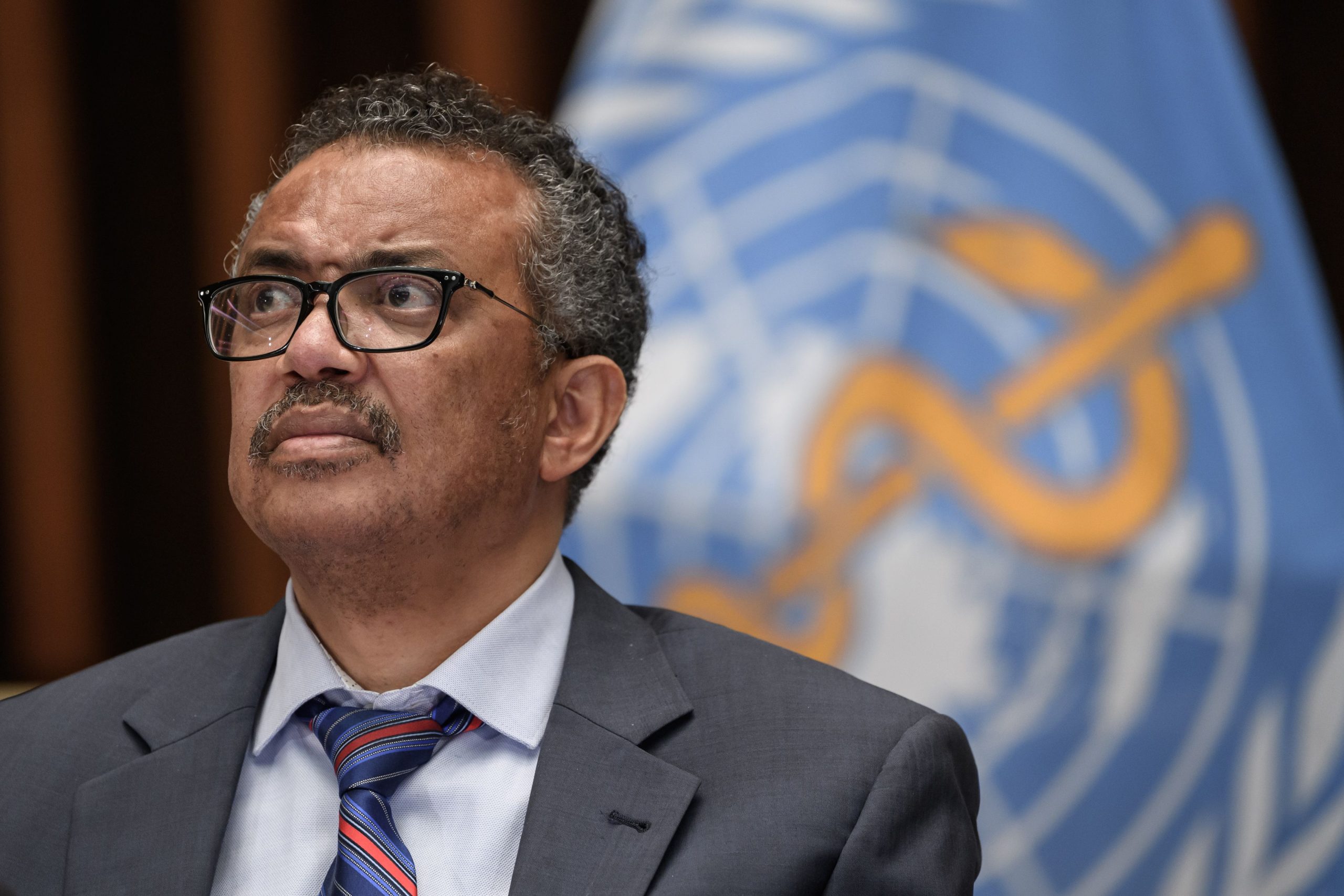The World Health Organization on Monday renewed its declaration that the COVID-19 pandemic constitutes a public health emergency of international concern (PHEIC)—the agency's highest level of alert—but acknowledged that the 3-year-old crisis may be nearing an "inflection point," after which the virus could be downgraded to a less dire but permanent fixture in the gamut of human pathogens.
On Friday, the agency convened its emergency committee for the 14th time to assess the global status of the pandemic coronavirus. The week marked the three-year anniversary of the agency's initial COVID-19 PHEIC declaration.
"As we enter the fourth year of the pandemic, we are certainly in a much better position now than we were a year ago, when the omicron wave was at its peak, and more than 70,000 deaths were being reported to WHO each week," WHO Director-General Dr. Tedros Adhanom Ghebreyesus said in opening remarks to Friday's committee meeting.
Globally, the pandemic has calmed down since then. In October, weekly deaths dropped to fewer than 10,000, the lowest in the pandemic. But numbers are on the rise again, largely due to a massive wave of infection in mainland China following the country's abrupt abandonment of its COVID-zero policy.
Last week, there were nearly 40,000 deaths reported worldwide, with more than half in China. "In total, over the past eight weeks, more than 170,000 deaths have been reported. The actual number is certainly much higher," Tedros said.
In all, the committee determined that COVID-19 "remains a dangerous infectious disease with the capacity to cause substantial damage to health and health systems." In addition to the still-high death toll, the committee voiced concern for low vaccination rates in low- to middle-income countries, a dramatic decline in the monitoring of variants, continued spread of misinformation driving vaccine hesitancy, and the long-term threat of long COVID. The committee also acknowledged that "pandemic fatigue and reduced public perception of risk have led to drastically reduced use of public health and social measures, such as masks and social distancing."


